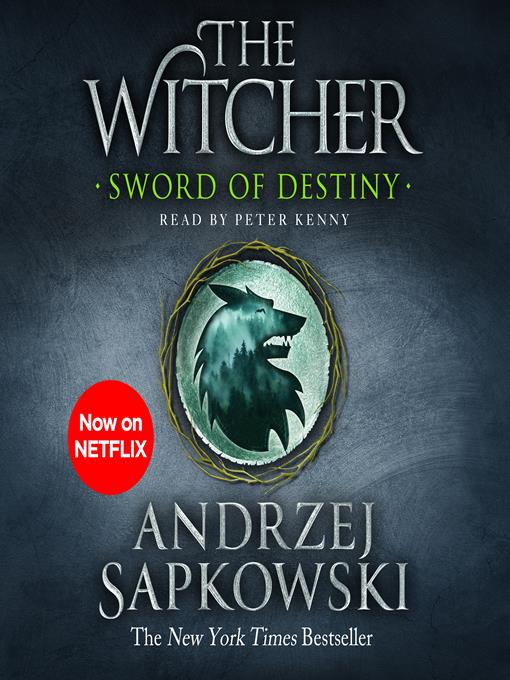
‘Yes, I do,’ Three Jackdaws said, turning his face towards Geralt. The Witcher looked at him in silence for a moment. “Witcher,’ Three Jackdaws suddenly said, ‘I want to ask you a question.’ ― Andrzej Sapkowski, quote from Sword of Destiny Right before the dawn, while it was still dark, a hungry, vicious werewolf crept up to their camp, but saw that it was Dandelion, so he listened for a moment and then went on his way.” No, Dandelion stuck with his first version. The pearl from which she was never parted. Who would have wanted to hear that the Witcher and Little Eye parted and never, ever, saw each other again? About how four years later Little Eye died of the smallpox during an epidemic raging in Vizima? About how he, Dandelion, had carried her out in his arms between corpses being cremated on funeral pyres and buried her far from the city, in the forest, alone and peaceful, and, as she had asked, buried two things with her: her lute and her sky blue pearl. For the true story would not have move anyone. Several years later, Dandelion could have changed the contents of the ballad and written about what had really occurred. He knew ballads were not written to be believed, but to move their audience. About how nothing - not even death - was able to destroy that love and part them.ĭandelion knew that few would believe the story told by the ballad, but he was not concerned. About how beautiful and powerful was their love. About how the witcher and the poet met on the seashore, among the crying of seagulls, and how they fell in love at first sight.

The ballad told of a certain witcher and a certain poet. The lyric suited the melody, and came into being simultaneously with it, the words bending into the music, becoming set in it like insects in translucent, golden lumps of amber.

It began with a few bars, from which an elegant, soothing melody emerged. “Dandelion, staring into the dying embers, sat much longer, alone, quietly strumming his lute.


 0 kommentar(er)
0 kommentar(er)
